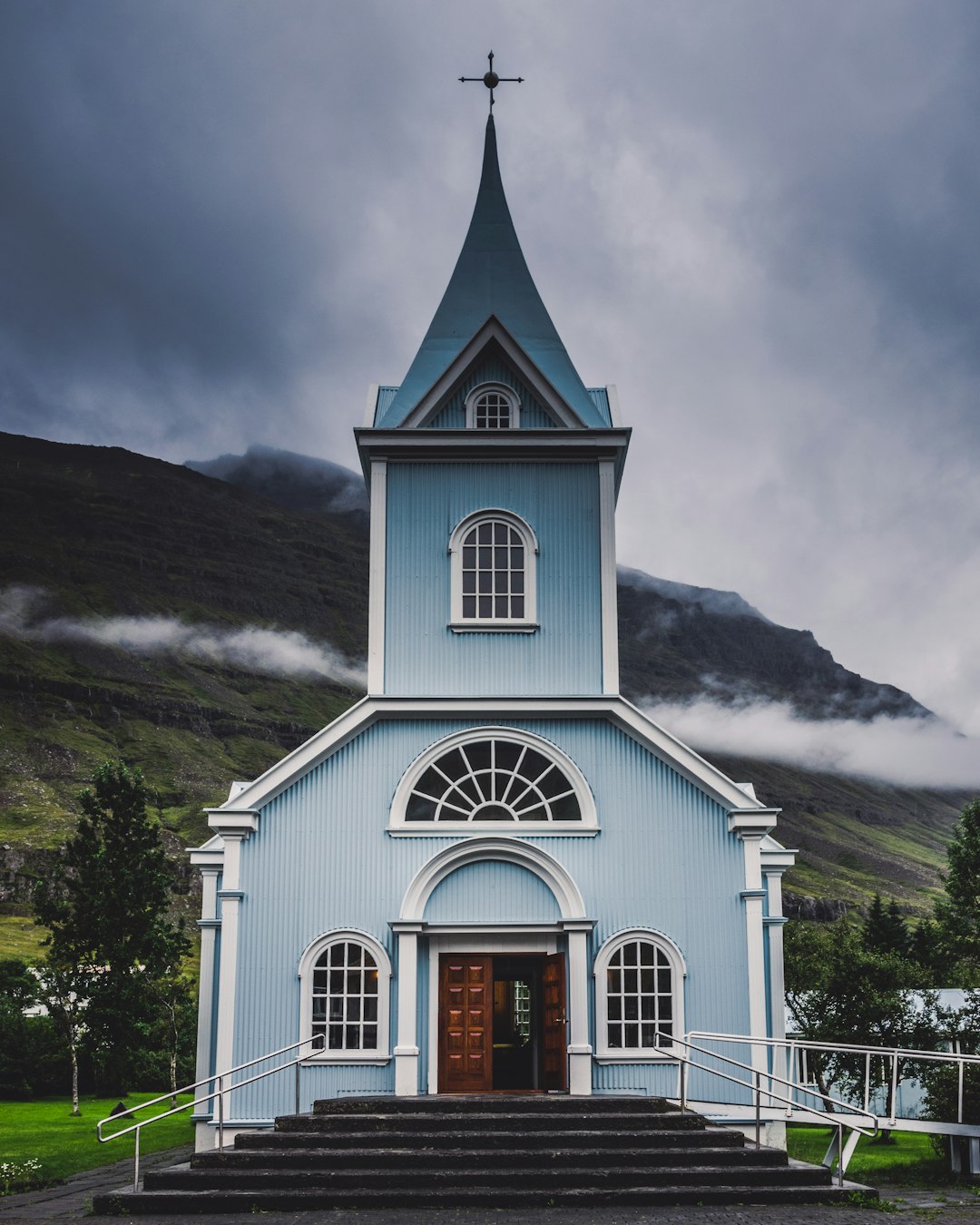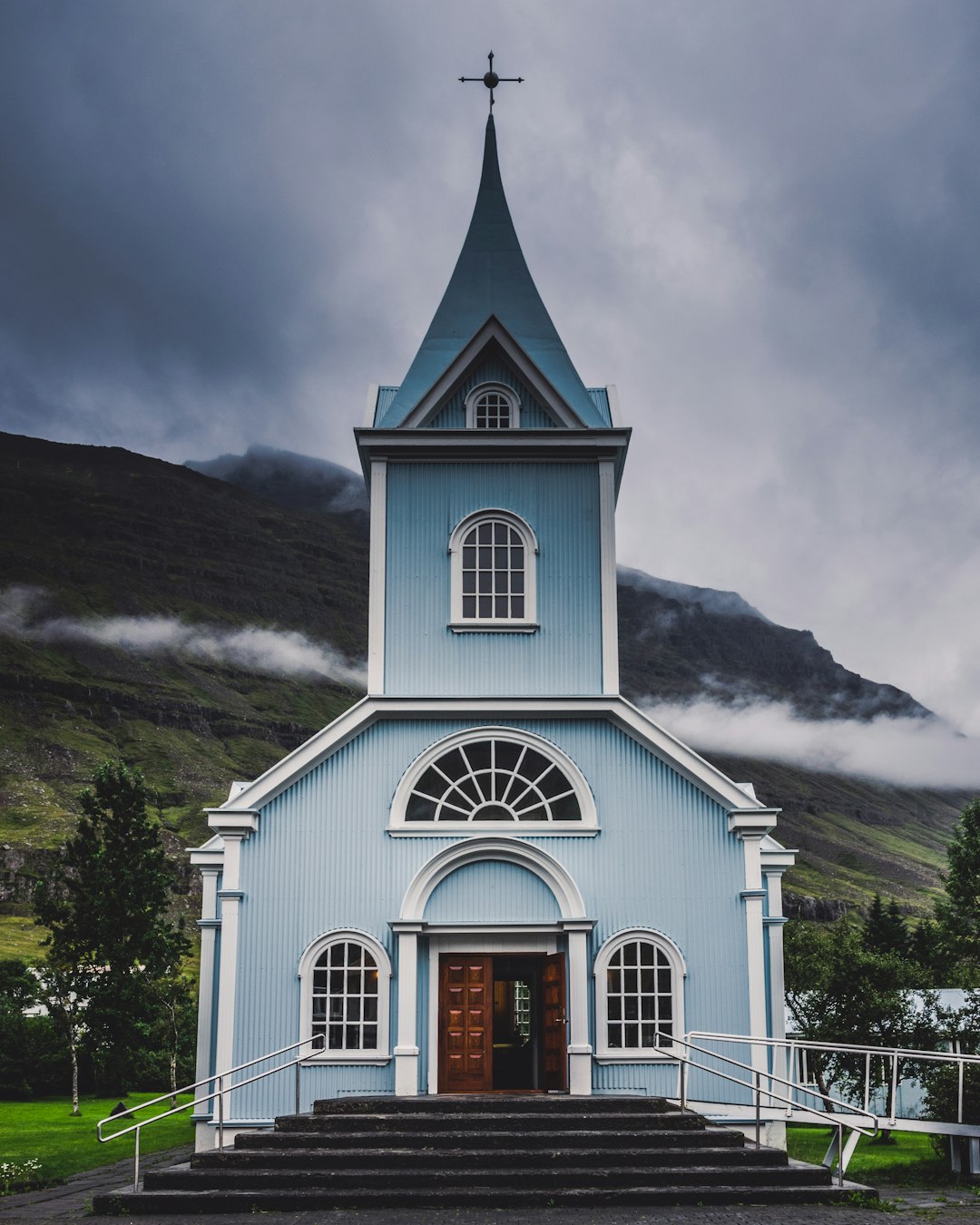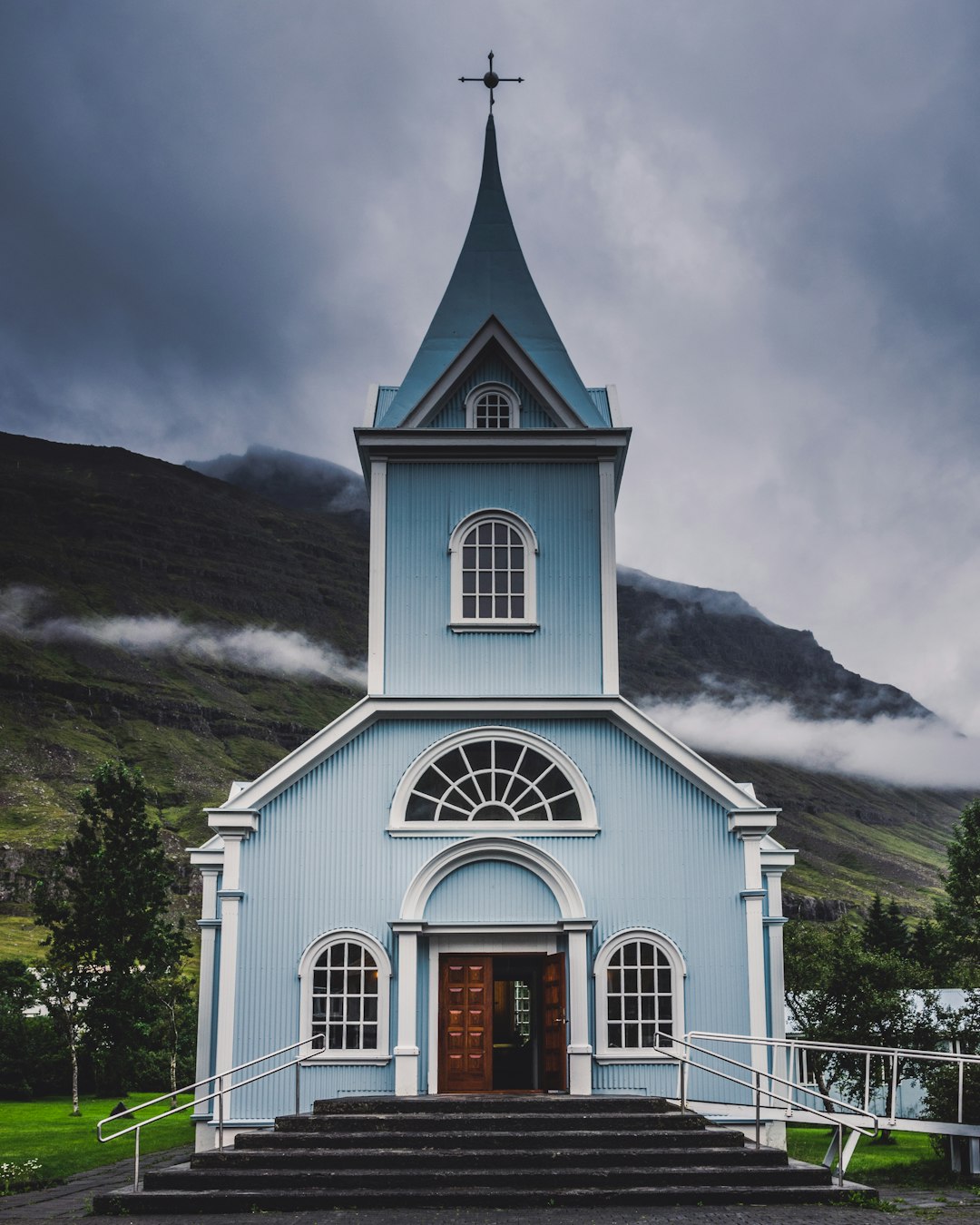Clergy abuse attorney Georgia specialize in complex legal issues stemming from misconduct by religious leaders. They navigate spiritual, legal aspects, advocate for survivors, and push for systemic change. Key challenges include jurisdiction over institutions and understanding state laws. Historical immunity for churches has evolved due to public pressure and legislative changes. Choosing an expert attorney with church law knowledge, a proven track record, empathy, and effective communication is crucial for justice.
In Georgia, the issue of clergy abuse has garnered significant attention, underscoring the need for expert legal guidance. Clerical abuse cases present unique challenges, requiring specialized knowledge to navigate complex legal landscapes. The impact on victims is profound, often leading to long-lasting psychological trauma and emotional distress. This article delves into the importance of engaging experienced Georgia clergy abuse attorneys who possess in-depth knowledge of state laws and church governance structures. By highlighting their expertise, we aim to empower victims, provide closure, and ensure justice is served. These legal professionals are equipped to handle sensitive cases, offering a critical support system for those affected by clerical misconduct.
Understanding Clergy Abuse: Recognizing Legal Rights in Georgia

Clergy abuse is a sensitive and complex issue that requires specialized legal expertise to navigate. In Georgia, individuals who have suffered clerical abuse can find solace and justice with the help of expert clergy abuse attorneys. These legal professionals possess an in-depth understanding of both the spiritual and legal dimensions of such cases, enabling them to guide clients through the intricate process of seeking redress. Recognizing and understanding one’s legal rights is a crucial step for survivors, and this section aims to offer valuable insights into this process.
In Georgia, clergy abuse can take various forms, including physical, emotional, or sexual misconduct by religious leaders. It is essential for survivors to be aware that they may have legal avenues to pursue. A competent clergy abuse attorney Georgia will help clients understand the applicable statutes of limitations and the specific laws governing such cases in the state. For instance, the Civil Practice Act outlines time frames for filing personal injury claims, which can be relevant in cases involving emotional distress or physical harm caused by clerical abuse. Additionally, the Georgia Human Trafficking Act provides a legal framework to address situations where individuals have been exploited or forced into situations akin to slavery, which could be applicable in certain instances of clergy-related abuse.
Practical steps for survivors include gathering evidence and documenting the abuse. This may involve medical records, testimony from witnesses, or any available correspondence that can serve as proof. Collaborating with a skilled attorney who specializes in clergy abuse cases in Georgia ensures that the survivor’s rights are protected and that they receive fair compensation. Such attorneys have the expertise to cross-examine witnesses, challenge evidence, and present compelling arguments on behalf of their clients. They also play a vital role in advocating for systemic changes within religious institutions to prevent future instances of clerical abuse.
The Role of Georgia Clergymen Abuse Attorneys in Supportive Cases

Georgia clergymen abuse attorneys play a pivotal role in supporting victims of clerical misconduct, offering not just legal counsel but also emotional guidance and advocacy. These experts are well-versed in navigating complex legal landscapes surrounding clergy abuse cases, ensuring that victims receive justice and closure. Their understanding of state laws, church governance structures, and the unique dynamics of religious institutions is instrumental in building robust legal strategies.
For instance, a Georgia clergymen abuse attorney can assist in investigating and documenting instances of impropriety, which often involve delicate matters of privacy and confidentiality within religious organizations. They guide victims through the process of filing civil lawsuits, helping them seek compensation for emotional distress, medical expenses, or other damages resulting from the abuse. Furthermore, these attorneys collaborate with support groups and mental health professionals to ensure victims receive holistic care.
Key to their expertise is staying abreast of evolving laws and legal precedents related to clergy abuse. This proactive approach allows them to anticipate potential challenges and devise effective countermeasures. For example, they might leverage recent court decisions to strengthen the legal position of victims or employ innovative strategies to hold accountable those who have committed such abuses within religious institutions. By fostering a supportive environment and providing professional guidance, Georgia clergymen abuse attorneys empower survivors to take control of their healing journey.
Navigating Legal Complexities: Best Practices for Victims

Navigating Legal Complexities: Best Practices for Victims of Clergy Abuse in Georgia
For victims of clergy abuse, seeking justice can be an arduous journey filled with legal complexities. In Georgia, where such cases often involve sensitive issues and unique jurisdictional considerations, it is crucial to partner with experienced attorneys who understand the nuances of these matters. Expert Georgia clergy abuse attorneys are well-versed in navigating the intricate legal landscape, ensuring victims receive the support and representation they deserve.
One of the primary challenges in clergy abuse cases is establishing jurisdiction. Given that religious institutions often operate across state lines and have specific legal frameworks, victims must work with attorneys who possess a deep understanding of both state and church laws. For instance, Georgia’s statutes regarding sexual misconduct within religious organizations are detailed and require specialized knowledge to interpret effectively. An experienced clergy abuse attorney in Georgia will be adept at gathering relevant evidence, including documentation of reporting procedures, institutional policies, and any applicable historical legal precedents.
Additionally, victims should seek attorneys who employ strategic case management techniques. This includes meticulously documenting all interactions, maintaining a comprehensive record of communications with the accused and church authorities, and promptly preserving digital evidence such as emails or social media messages. For example, in 2021, a Georgia clergy abuse attorney successfully represented a client by leveraging text message logs as crucial evidence in a case involving an abusive pastor. Such practical insights and expert perspectives significantly enhance the chances of a positive outcome for victims navigating these complex cases.
Historical Perspective: Evolution of Clergy Abuse Laws in Georgia

The legal landscape surrounding clergy abuse cases in Georgia has evolved significantly over time, shaped by a historical perspective that reflects societal changes and evolving rights. Historically, religious institutions enjoyed significant legal protection, often shielding them from liability for clergy abuse. This was largely due to the separation of church and state principles and the assumption that religious leaders operated with immunity within their spiritual domains. However, as awareness of clergy sexual abuse escalated in the latter half of the 20th century, public pressure led to shifts in legislation.
Key milestones include landmark cases like O’Connor v. Church of Jesus Christ of Latter-day Saints (1985), which established a child’s right to sue religious institutions for clergy abuse. This marked a turning point, fostering a national dialogue on accountability and leading to state-specific laws in Georgia. The Georgia General Assembly responded by enacting legislation that specifically addresses civil claims against clergy and religious organizations for sexual abuse occurring within their ranks. These changes reflect a broader societal recognition of the unique vulnerability of children and a commitment to holding accountable those who exploit that vulnerability, even within sacred institutions.
Over time, these laws have been refined to better protect victims and provide clarity for clergy abuse attorneys in Georgia. For instance, Georgia’s statute of limitations for civil sex crimes has been extended, offering survivors more time to come forward. Additionally, the state has implemented mechanisms for confidential reporting and investigation of abuse allegations, ensuring that victims can seek justice without fear of retribution. Today, expert Georgia clergy abuse attorneys play a vital role in navigating this evolving legal landscape, advocating for their clients while also ensuring that historical injustices are addressed and prevented in the future.
Choosing the Right Georgia Clergy Abuse Attorney: Key Considerations

Choosing the right Georgia clergy abuse attorney is a critical step for individuals seeking justice and healing after experiencing abuse within religious institutions. With complex legal and emotional issues at play, it’s essential to find a lawyer who possesses both profound knowledge of church law and extensive experience handling such sensitive cases. This specialized area of law demands attorneys who understand the unique dynamics and cultural nuances surrounding clergy abuse allegations.
Georgia has seen a rise in clergy abuse lawsuits, with statistics indicating an increasing number of victims coming forward to seek legal recourse. When selecting a Georgia clergy abuse attorney, consider their track record and expertise. Look for lawyers who have successfully prosecuted cases involving sexual misconduct, emotional abuse, or financial exploitation by religious leaders. A thorough review of their past victories and client testimonials can provide valuable insights into their capabilities and commitment to advocating for victims’ rights.
In addition to legal proficiency, an ideal Georgia clergy abuse attorney should exhibit empathy and a deep understanding of the trauma survivors often endure. They must be adept at navigating the intricate relationships between church hierarchies and secular authorities, ensuring that clients’ interests are protected throughout the legal process. Effective communication and regular updates about case progress are also critical, fostering trust and confidence in the attorney-client relationship. By carefully evaluating these factors, victims can make informed decisions and select a lawyer who will zealously pursue justice on their behalf.
About the Author
Meet Attorney Elizabeth Thompson, a prominent litigator and leader in the field of clergy abuse law. With over 20 years of experience, she has successfully represented countless victims, securing substantial settlements and justice. Elizabeth holds a Masters in Law (MLaw) from Emory University and is a member of the American Bar Association’s Religion and the Law Committee. She is a frequent speaker at legal conferences and a contributor to the National Law Review, sharing insights on complex clergy abuse cases. Her dedication to this specialized area makes her an authoritative voice in seeking accountability.
Related Resources
Here are some authoritative resources for an article on expert Georgia attorneys for clergy abuse cases:
National Center for Victims of Crime (Nonprofit Organization): [Offers comprehensive resources and support for victims of crime, including clergy sexual abuse.] – https://ncvic.org/
Georgia Bar Association (Legal Association): [Provides a directory of Georgia attorneys as well as legal information and resources for the public.] – https://www.georgiabar.org/
Southern Poverty Law Center (Nonprofit Legal Organization): [Known for its work on hate groups, SPLC also provides resources on religious abuse and exploitation.] – https://www.splcenter.org/
University of Georgia School of Law (Academic Institution): [Offers insights from legal scholars specializing in areas relevant to clergy abuse cases.] – https://law.uga.edu/
Georgia Department of Law (Government Portal): [Provides information on laws and regulations related to sexual misconduct, including within religious institutions.] – https://dhl.georgia.gov/
Churches United in Christ (CUIC) (Religious Organization): [A denomination that has taken a strong stance against clergy abuse and offers resources for victims and support for congregations.] – https://cuic.org/
The National Catholic Reporting Network (NCR) (News Organization): [Covers issues related to sexual abuse within the Catholic Church, with implications for other denominations.] – https://ncronline.org/





